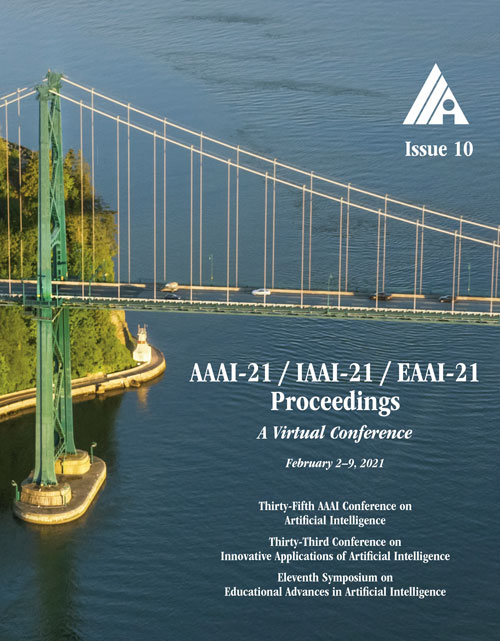A General Class of Transfer Learning Regression without Implementation Cost
DOI:
https://doi.org/10.1609/aaai.v35i10.17087Keywords:
Transfer/Adaptation/Multi-task/Meta/Automated Learning, Classification and RegressionAbstract
We propose a novel framework that unifies and extends existing methods of transfer learning (TL) for regression. To bridge a pretrained source model to the model on a target task, we introduce a density-ratio reweighting function, which is estimated through the Bayesian framework with a specific prior distribution. By changing two intrinsic hyperparameters and the choice of the density-ratio model, the proposed method can integrate three popular methods of TL: TL based on cross-domain similarity regularization, a probabilistic TL using the density-ratio estimation, and fine-tuning of pretrained neural networks. Moreover, the proposed method can benefit from its simple implementation without any additional cost; the regression model can be fully trained using off-the-shelf libraries for supervised learning in which the original output variable is simply transformed to a new output variable. We demonstrate its simplicity, generality, and applicability using various real data applications.Downloads
Published
2021-05-18
How to Cite
Minami, S., Liu, S., Wu, S., Fukumizu, K., & Yoshida, R. (2021). A General Class of Transfer Learning Regression without Implementation Cost. Proceedings of the AAAI Conference on Artificial Intelligence, 35(10), 8992-8999. https://doi.org/10.1609/aaai.v35i10.17087
Issue
Section
AAAI Technical Track on Machine Learning III

